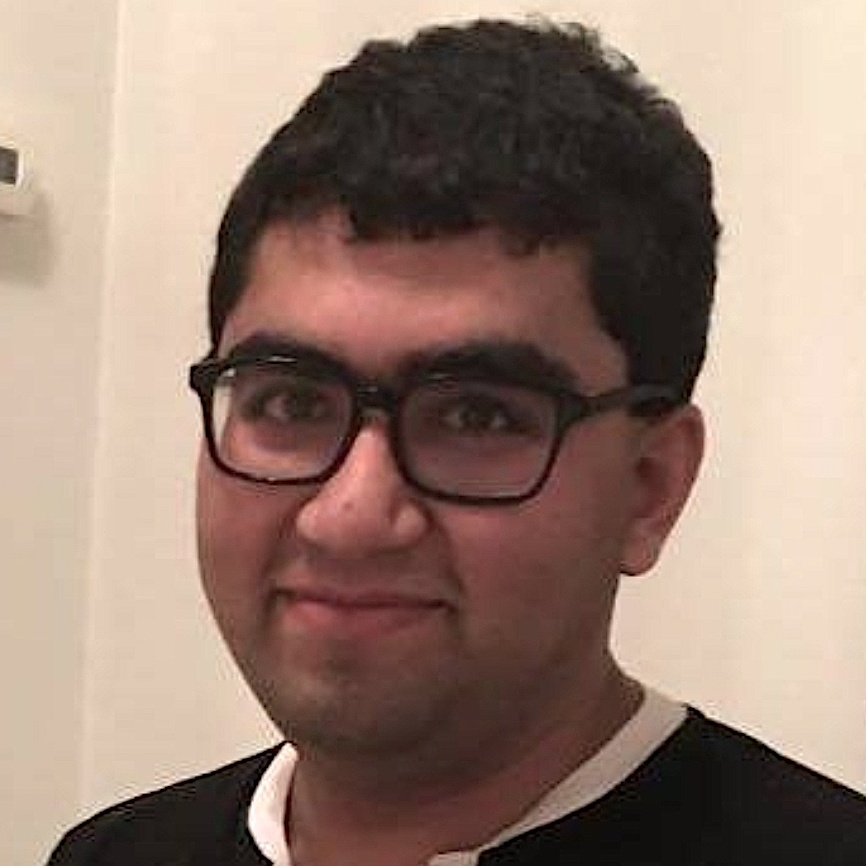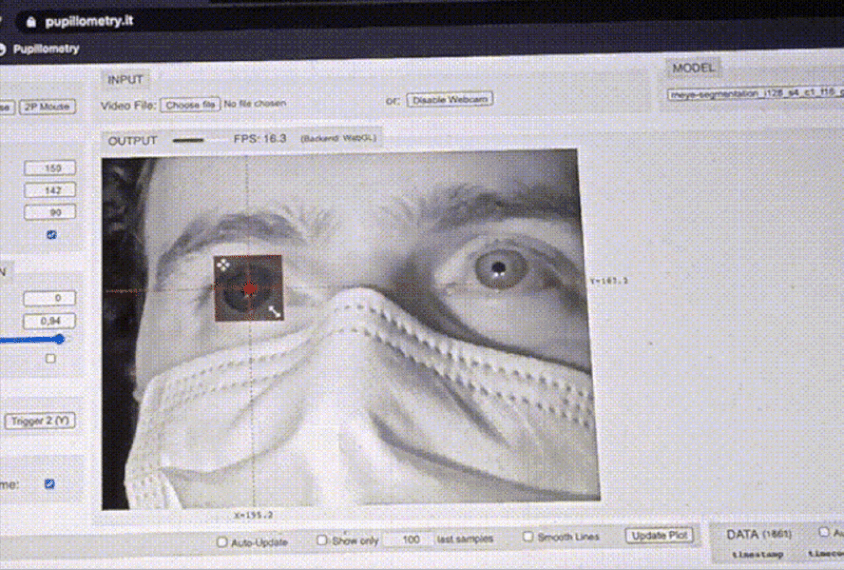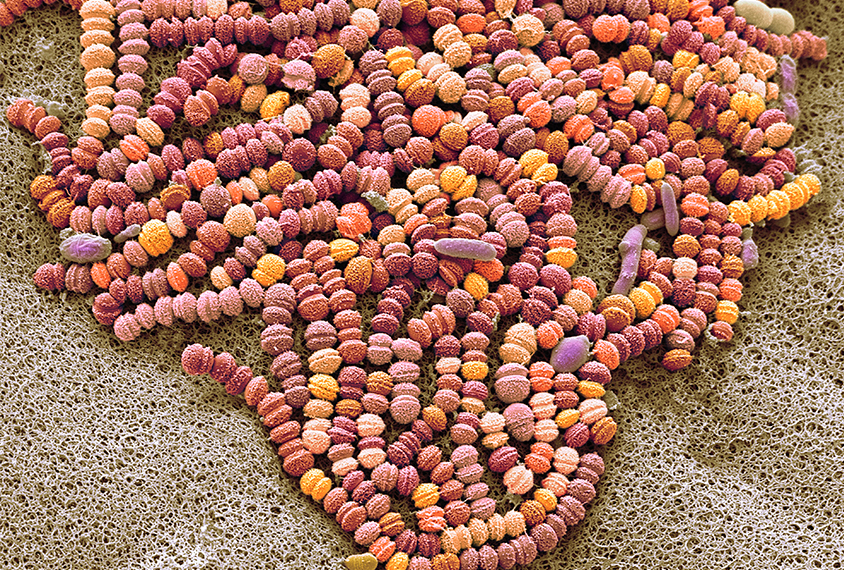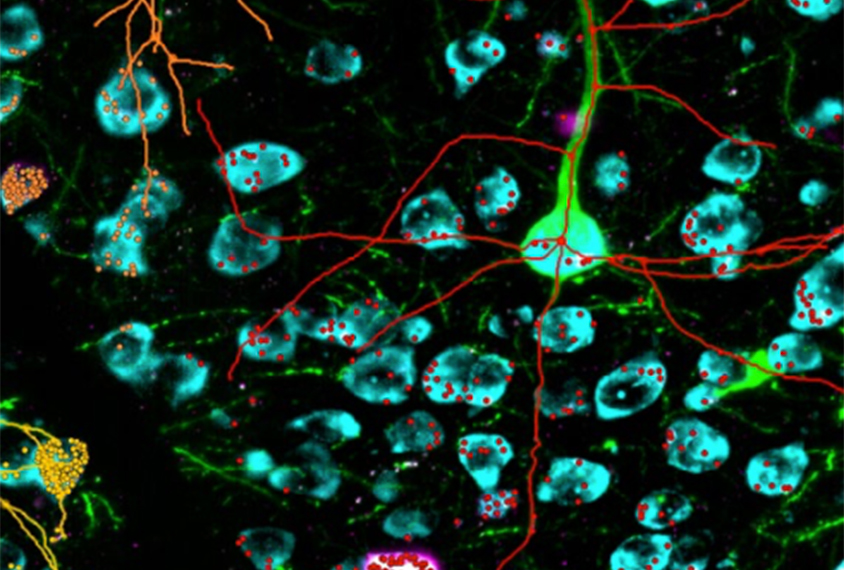Rahul Rao is a freelance science writer, graduate of New York University’s Science, Health and Environmental Reporting Program, and “Doctor Who” fan.

Rahul Rao
From this contributor
Web app tracks pupil size in people, mice
The app relies on artificial intelligence and could help researchers standardize studies of pupil differences in autistic people and in mouse models of autism.
New library catalogs the human gut microbiome
Researchers put hundreds of gut bacteria strains through their paces to chart the compounds each creates — and to help others explore the flora's potential contribution to autism.
New unified toolbox traces, analyzes neurons
‘SNT’ helps researchers sift through microscope images to reconstruct and analyze neurons and their connections.
Explore more from The Transmitter
This paper changed my life: Ishmail Abdus-Saboor on balancing the study of pain and pleasure
A 2013 Nature paper from David Anderson’s lab revealed a group of sensory neurons involved in pleasurable touch and led Abdus-Saboor down a new research path.

This paper changed my life: Ishmail Abdus-Saboor on balancing the study of pain and pleasure
A 2013 Nature paper from David Anderson’s lab revealed a group of sensory neurons involved in pleasurable touch and led Abdus-Saboor down a new research path.
Sex bias in autism drops as age at diagnosis rises
The disparity begins to level out after age 10, raising questions about why so many autistic girls go undiagnosed earlier in childhood.

Sex bias in autism drops as age at diagnosis rises
The disparity begins to level out after age 10, raising questions about why so many autistic girls go undiagnosed earlier in childhood.
Microglia implicated in infantile amnesia
The glial cells could explain the link between maternal immune activation and autism-like behaviors in mice.

Microglia implicated in infantile amnesia
The glial cells could explain the link between maternal immune activation and autism-like behaviors in mice.


